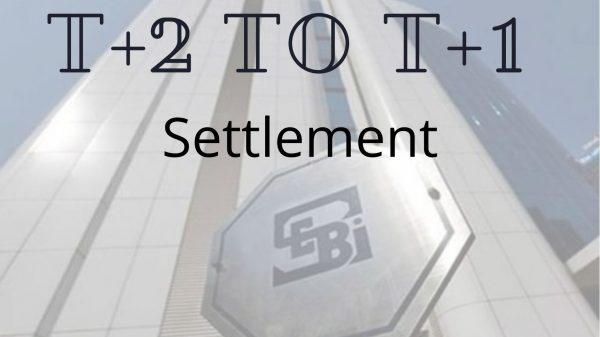Stock Broker is a regulated representative of the financial market who enables the buying and selling of securities on behalf of financial institutions, investors, and firms. Retail investors or traders cannot buy or sell directly with Exchange we need a medium through which we can transact and the role of this mediator is filled by Stock Brokers.
Stock Brokers are governed by the Securities Exchange Board of India (SEBI) and it is mandatory to register with SEBI. Through exchanges (NSE and BSE) brokers provide an ecosystem or platform to trade and invest in capital markets by providing trading terminals, trading applications.

Typically we can divide stock brokers broadly into 2 categories:
Full-Time Broker
Discount Broker
Full-Time Broker:
A full-service stock broker offers a variety of financial services to clients. Usually, clients are assigned individual RM’s. The brokerage firms employ research departments providing analyst recommendations and access to IPO, FPO, MF, Etc.
Full-service stockbrokers also provide services like financial planning and asset management. Clients can either contact their stockbroker for trading options or use mobile and online platforms.
Discount Broker:
Discount brokers offer low brokerage, high speed, and a fast platform for trading in stocks, commodities, and currency derivatives.
The brokerage charge while trading with these discount brokers is very less when compared to full-service brokers. Hence, swing traders and day traders who are more active may find discount stockbrokers appealing.
The platforms serve active day traders and investors and they provide more research tools and trading options than full-service platforms.
We have seen about the stock market and stock exchange now let’s see who regulates the stock market in terms of rules and regulations.
As we have RBI (Reserve Bank of India) as a regulating body for banking institutions, same way we have SEBI (Securities Exchange Board of India (SEBI) for the stock market as a regulator.

Securities and Exchange Board of India (SEBI) is a Regulatory Body established by the Government of India in 1992 to regulate the securities market in India and protect the interests of investors in securities.
It also regulates the functioning of the Stock Market, Mutual Funds, etc.
SEBI was established in the year 1988 and subsequently was given constitutional validity on 30th January 1992 by the Government of India bypassing the SEBI Act, 1992 in the parliament of India.
Role of SEBI
The Issuer of Securities :
Any Firm that issues securities should be listed on the Stock Exchange.
Issuers are Entities that help in raising funds from the Financial Market. The function of SEBI is to confirm that the issue of IPO’s and FPO’s takes place Healthily.
Investor :
They help in keeping the market alive as the Capital Market functions because the traders exist.
Investors earn money from the market, so SEBI assures that no malpractices happen against them in the market. Thus, it’s the role of SEBI to safeguard the interest of Investors and prevent them from any unfair trade practice.
Financial Intermediaries :
They are the mediators in the financial market, and they take care that the stock market transactions happen seamlessly and securely.
The role of SEBI is to monitor each activity of financial intermediaries like NBFC’s, Brokers, Sub-Broker, etc.



